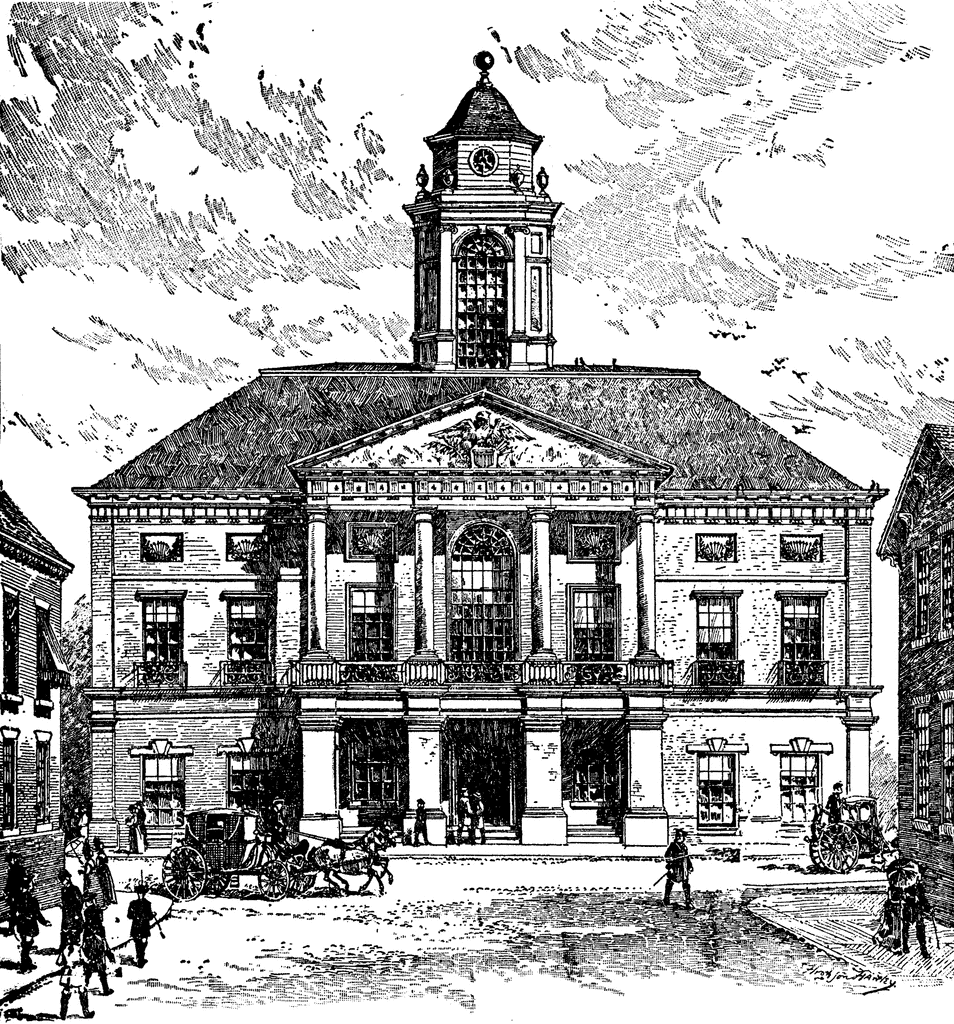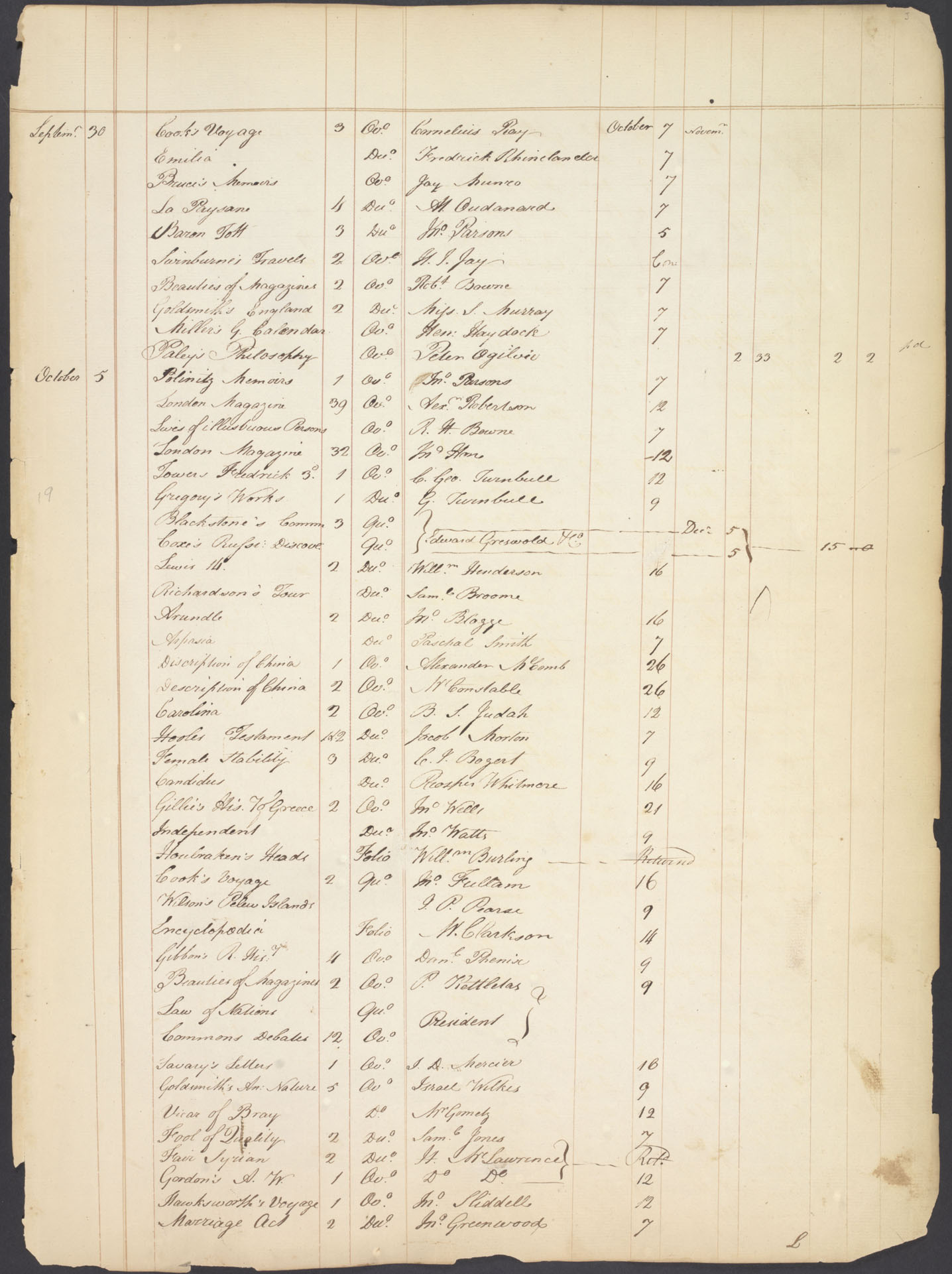 |
| Federal Hall, New York |
The Committee Room marks the recent presidential election by taking a look at the reading and writing done by a few of the American Presidents.
In 1789, when the U.S. capital was New York City, President George Washington, famed for never telling a lie, borrowed a volume of transcriptions of British House of Commons debate and
The Law of Nations by Swiss philosopher and legal scholar
Emerich de Vattel from the
New York Society Library. He never returned them. The library and the national government were both housed in Federal Hall in Lower Manhattan. Washington's overdue books became known to the library in the 1930s when a detailed "charging ledger" covering 1789 to 1792 was discovered in a trash pile in the library's basement.
In more recent years a conservation project on the ledger brought the missing books to the attention of the
New York Daily News which published
a brief article on Washington's debt to the library. In 2010, the
Mount Vernon Estate and Gardens, which could not locate the borrowed books in its own collection, settled Washington's account at least in part by purchasing a copy of the same edition of
The Law of Nations for $12,000 and giving it to the Society Library.
 |
| Charging Ledger (New York Society Library) |
George Washington wrote between 18,000 to 20,000 letters but no books. He is sometimes credited with writing
Rules of Civility, excerpts of which he copied into his notebooks as a youth. According to scholars at the
Papers of George Washington,
Rules of Civility was probably composed in the late sixteenth century by Jesuits in France and the young Washington copied from a seventeenth century English translation.
John Adams, serving as Washington's Vice President, borrowed a volume of
Elements of Criticism by Scottish Enlightenment philosopher and jurist Lord Kames from the New York Society Library. Adams returned it Despite having the Society Library's collection available to him Adams in 1789 wrote to his wife Abigail in Massachusetts to send him items by
Hume,
Johnson,
Priestley,
Livy,
Tacitus,
Cicero and
Plutarch from his personal library. Adams knew Latin and Greek believed that knowledge of the classics was and should remain the mark of a learned man. He especially liked Cicero's essay on growing old,
De Senectute, and turned to it throughout his life. Apart from the classics, Adams' favorites were
Shakespeare,
Swift, and
Cervantes. "On board all day, reading
Don Quixote," is the entry in Adams' diary for May 18, 1779 while he waited in Nantes, France to sail back to America.
.jpg)



